Like every medical procedure, the abortion pill carries associated risks. Women should be informed of these risks before the procedure to know when to reach out for medical assistance during the course and recovery.
Risks of the abortion pill include:
Incomplete abortion, which may need to be followed by surgical abortion
An ongoing pregnancy if the procedure doesn't work
Heavy and prolonged bleeding
Infection
Fever
Digestive system discomfort
How Does the Abortion Pill Work?
The abortion pill, also called a medical abortion, isn’t actually one pill as the name would lead you to believe. Instead, two different drugs taken within 48 hours of each other work together to terminate a pregnancy.
The first drug in this process is mifepristone. It ends the pregnancy by blocking the progesterone produced in the body. Without progesterone, the lining in the uterus begins to shed, causing the embryo or fetus to detach from the wall, without which it cannot survive.
Next, a woman takes misoprostol to start uterine contractions. This forces the pregnancy out of the woman’s body through the vagina with bleeding and cramping.
The drugs used in the abortion pill have commonly known side effects that women can expect with their use. These side effects include:
Side effects that last several hours
Heavy vaginal bleeding (with clots)
Heavy cramping
Side effects that last about a day
Nausea and vomiting
Fever
Chills
Diarrhea
Headache
Side effects lasting 2-3 weeks
Vaginal bleeding (about as heavy as a regular period)
After the Abortion Pill
After taking the abortion pill, a woman should monitor herself and reach out to her medical provider if she experiences the following signs and symptoms of complications:
Severe bleeding — soaking more than two thick pads within an hour
Fever that lasts more than 24 hours
Foul-smelling vaginal discharge
Severe abdominal or back pain
You do not get your period after two months
You have symptoms of pregnancy
A follow-up appointment with the provider will also need to be made to ensure that the procedure successfully expelled the embryo or fetus and all pregnancy tissue.
Women should also reach out to a mental healthcare provider for support if they experience feelings of hopelessness, increased anxiety, or changes in their eating or sleeping routine, as this may be a sign of post-abortion stress syndrome. Post-abortion support can also be found at Women’s Pregnancy Center.
Find Out More
For more information about your options for the outcome of your pregnancy, contact us for a free and confidential appointment. In addition to options information, we also offer free pregnancy tests and ultrasounds, so you have everything you need to make a confident choice. Let us know how we can help.

